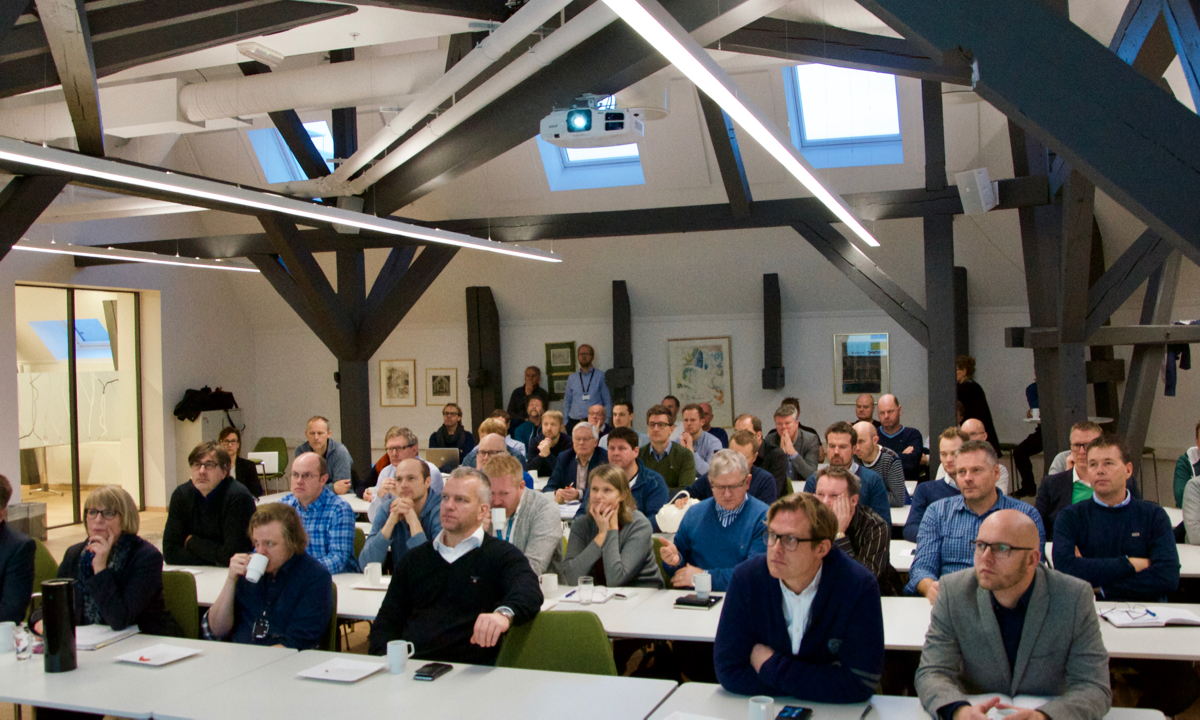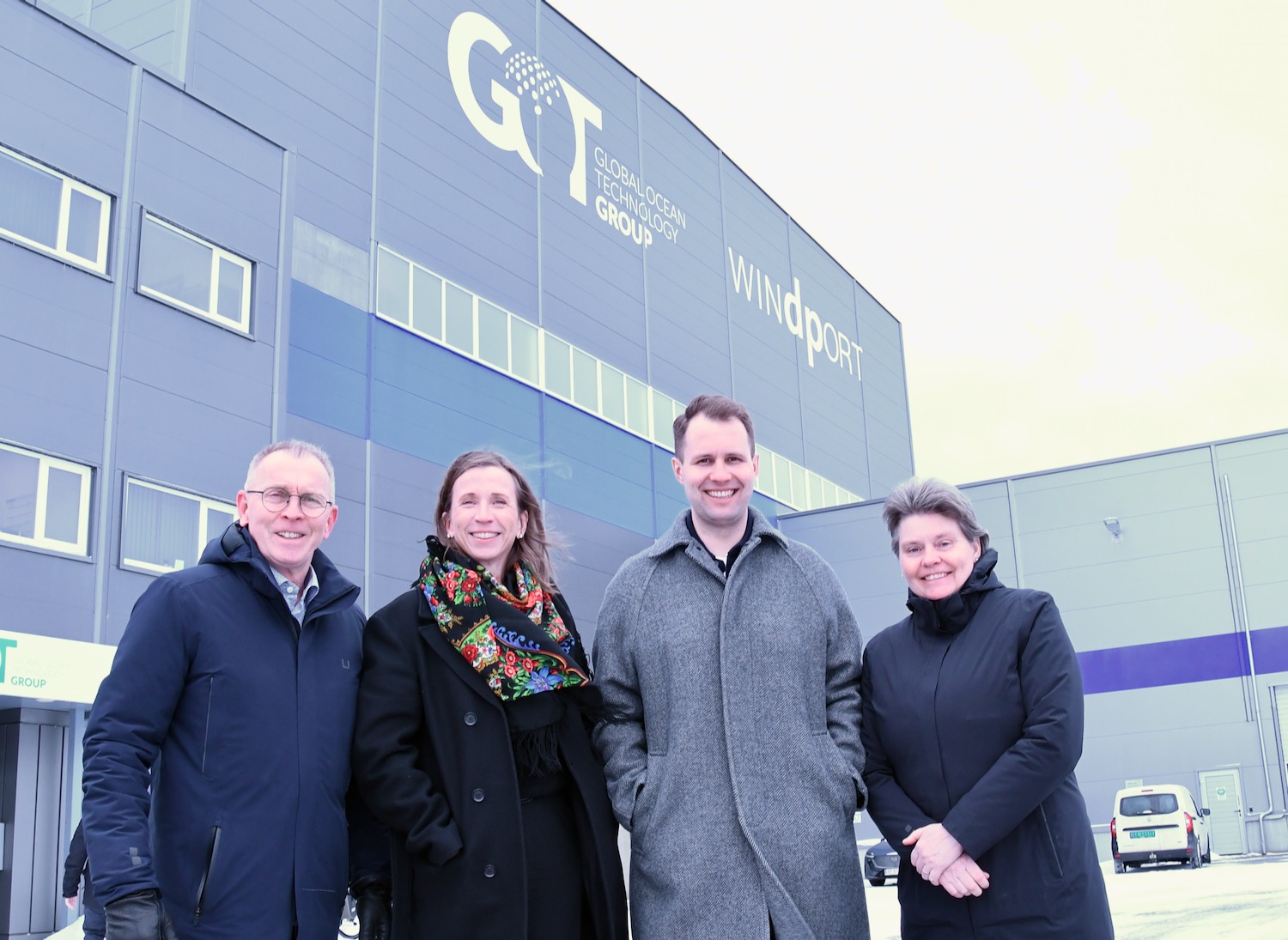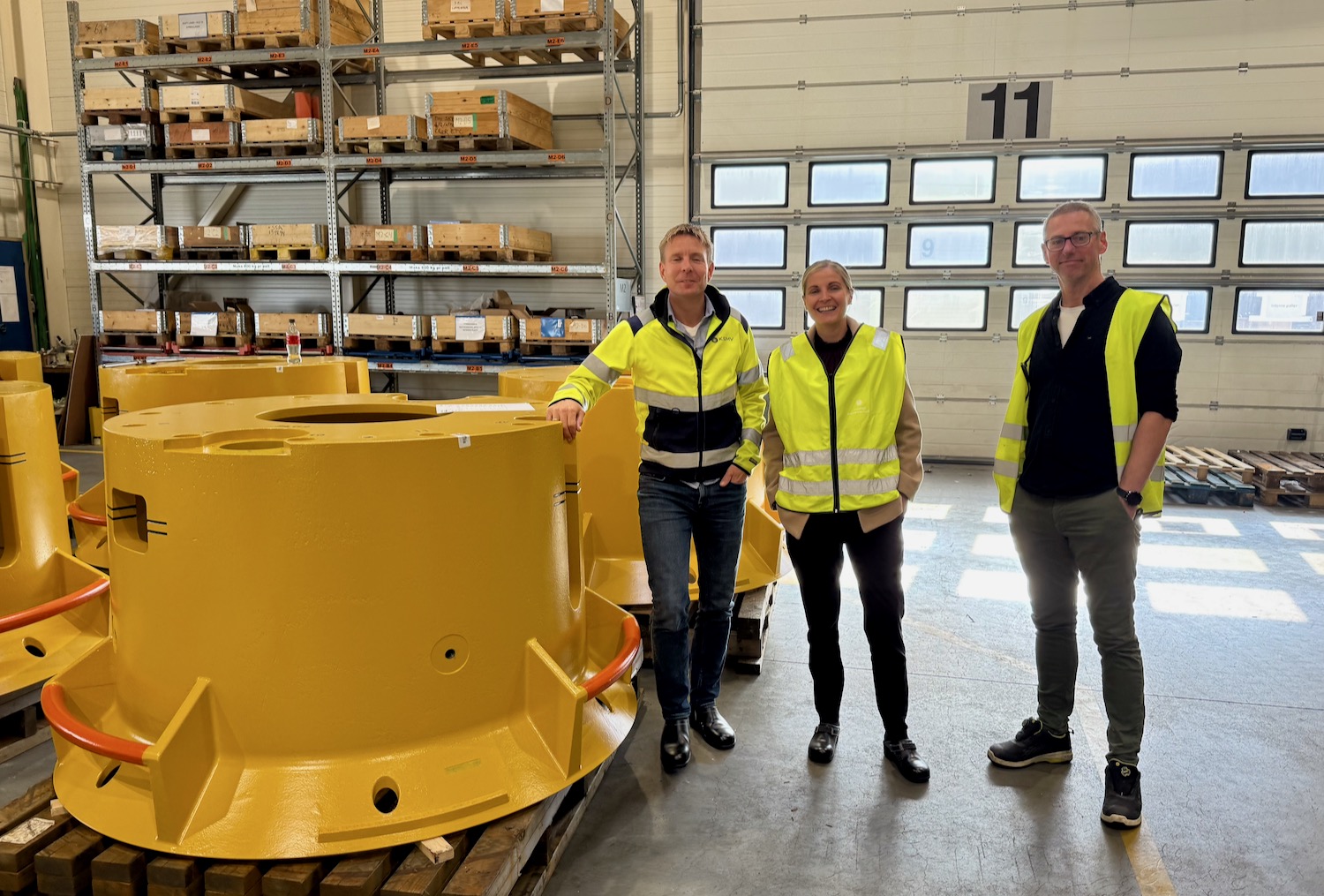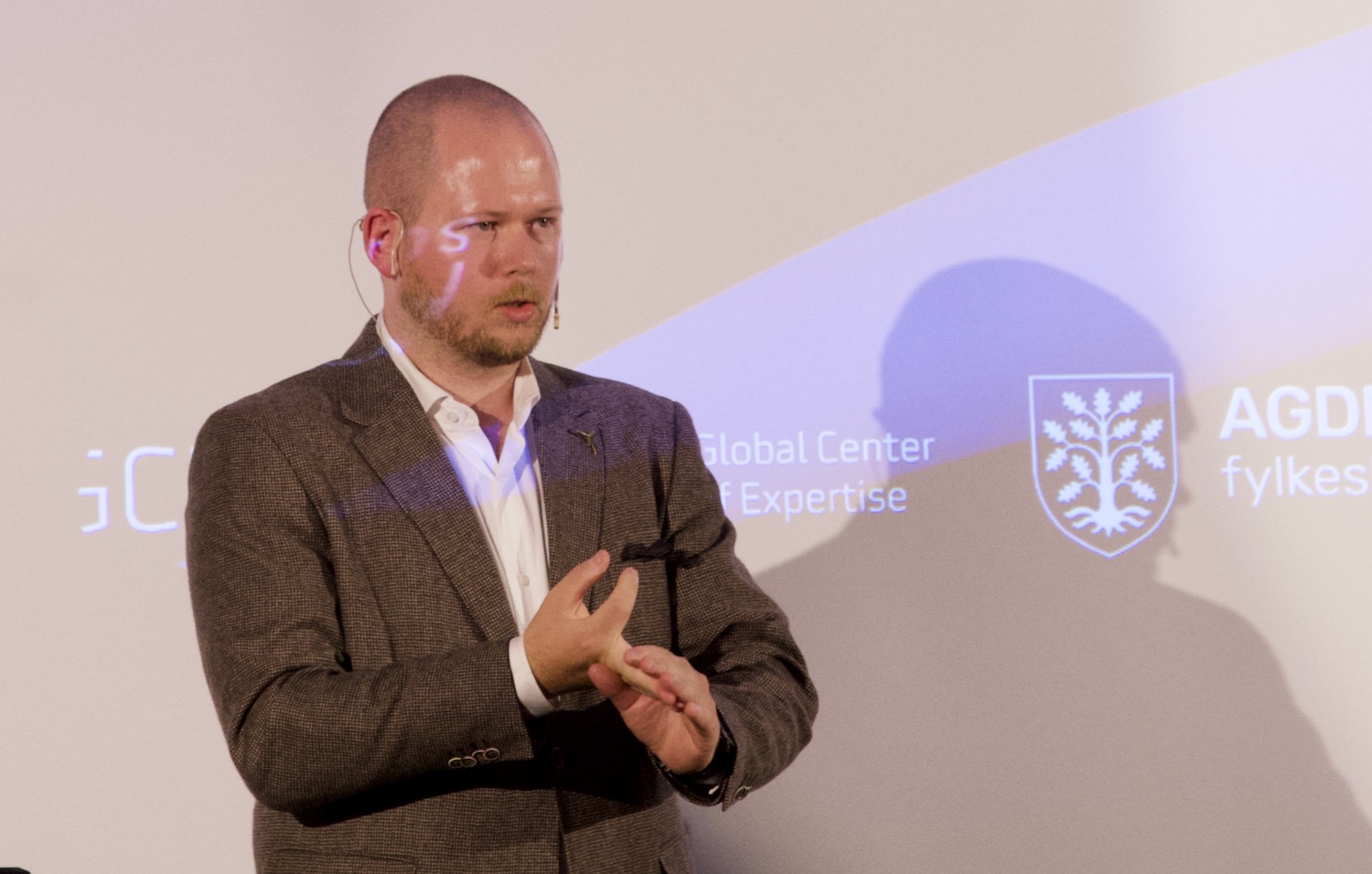”The turnout emphasizes that this is a highly relevant topic for our industry. We are entering an even more digital future, and finding standards for sharing data is a prerequisite for remotely controlled operations, automation, higher efficiency and lower costs,” says Arnt Aske. He is in charge of Business Development Digitalization at GCE NODE.
Espen Krogh, Chairman at Prediktor, a Norwegian ICT company, explained how OPC UA offers a way for operators, suppliers, service providers and others to share data. OPC UA (Open Platform Communication, Unified Architecture) is an open standard that specifies information exchange for industrial communication.
“OPC UA is the only real-time interoperability standard designed to host foreign semantic models, thereby facilitating interoperability on a higher level. Before OPC UA you needed to punch a big hole in the firewall to share data. With OPC UA all you need is a pinprick to get the data through,” said Krogh.
FILM: OPC UA in 90 seconds
OPC UA is designed to interconnect databases, analytical tools and business systems with real-time data management systems, sensors, actuators and monitoring devices.
“The key word is interoperability, that is sharing data throughout the value chain. This will make the oil and gas industry more productive and cost efficient. We need to establish a secure and standardized way where systems and devices can exchange and interpret shared data. OPC UA does exactly that”, says Aske.
“OPC UA is the first communication technology built specifically to live in that “no man’s land” where data must traverse firewalls, specialized platforms and security barriers to arrive at a place where that data can be turned into information”, says Aske.
OPC has 434 members worldwide, the majority from Europe and North America. Norwegian members include Statoil, Kongsberg Maritime and NODE participant Tratec Norcon.
READ MORE: Data highway workshop



